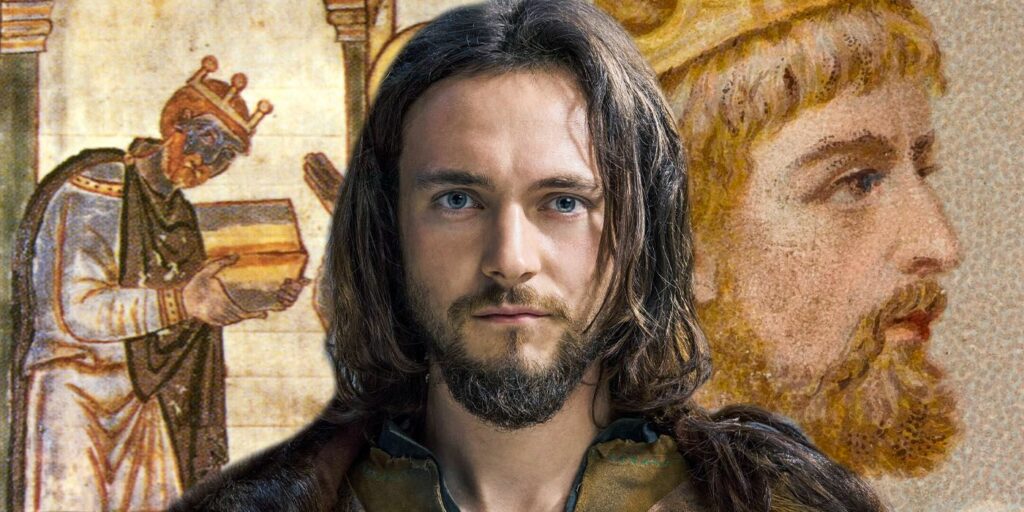Æthelstan the Glorious part 6: King of Kings

Having come to the throne, Æthelstan did not forget the family strategy, begun by his grandfather, Alfred, and continued by his father and aunt: to take back the country from the Vikings. So when the Viking king of York died unexpectedly, Æthelstan moved with the decisiveness he had learned from his father and aunt. While the Northmen sent to Dublin for a new king, Æthelstan rode north and took the city, bringing Northumbria under his control. Such was Æthelstan’s prestige and power now that he could summon all the kings of Britain to come to him and, on 12 July 927, they all swore peace with him and forswore any dealings with idolaters. Through this, Æthelstan sought to ensure that none of them would think to make alliance with the pagan Vikings against him.
Æthelstan was now a king of European stature and, with a bevy of marriageable half sisters through his father’s fecundity, he set about arranging alliances with the royal houses of Europe. But north of the border, Constantin, king of the Scots, brooded on the oath he had sworn to Æthelstan and kicked against its constraints.
In 934, Æthelstan could brook Constantin’s disloyalty no longer. Assembling the kings and princes who had sworn loyalty to him, Æthelstan marched north, into Scotland, harrying and burning, with the object of teaching Constantin a lesson in the wisdom of oathkeeping. Seeing the army arrayed against him, Constantin retreated and offered no battle, settling back into apparent loyalty. But he was waiting the opportunity to put Æthelstan’s rule to the test. That test would come at Brunanburh.
0 Comments